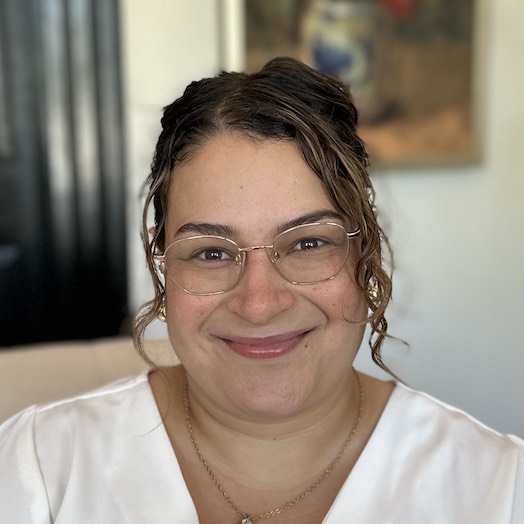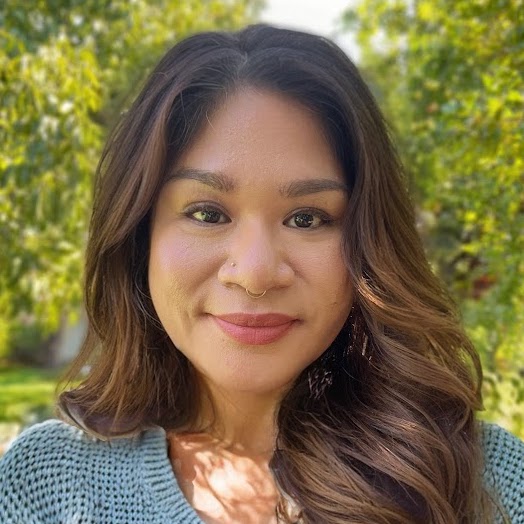
Understanding the Fear of Being Alone
Does everyone seem to be in a happy relationship around you? Do you feel more alone than ever? Research indicates that the fear of being alone, often termed “loneliness anxiety,” is a common experience. A study published in The Journal of Social and Personal Relationships highlights that many individuals, particularly in young adulthood, grapple with concerns about being single and societal pressures surrounding relationships (Lammers et al., 2011). This anxiety is not only prevalent but also rooted in our evolutionary biology; humans are social beings, and the desire for connection is hardwired into us.
You may be actively dating and pursuing a romantic relationship – or perhaps you don’t feel ready yet. The following are some ways that you can cope with loneliness anxiety, regardless of where you are at with this process:
Feel Your Feelings
Firstly, recognize that your feelings are normal and human. Understanding that many others share similar concerns can alleviate feelings of isolation. You are not alone.
Society often places a premium on romantic relationships, but we can challenge this narrative. Research shows that people can lead fulfilling lives being single, and many individuals report greater happiness outside of traditional relationships (DePaulo & Morris, 2005).
Strategies for Managing Anxiety
- Shift Your Perspective: Focus on the benefits of being single. A study in Psychology Today found that single individuals often enjoy greater personal freedom, opportunities for self-discovery, and the ability to cultivate diverse social connections (Waller, 2016). Emphasizing these advantages can help reshape your mindset.
- Build a Supportive Community: Surround yourself with friends and family who uplift you. Studies show that social support plays a vital role in mitigating feelings of loneliness (Thoits, 2011). Engaging in group activities, hobbies, or community events can help you forge deeper connections.
- Practice Self-Compassion: Be kind to yourself. The fear of being alone can stem from societal pressures or unrealistic expectations. A 2020 study in Frontiers in Psychology found that self-compassion can significantly reduce anxiety and improve emotional resilience (MacBeth & Gumley, 2020). Treat yourself with the same understanding you would offer a friend facing similar fears.
Cultivate Self-Discovery and Personal Growth
- Engage in Hobbies and Interests: Invest time in activities that bring you joy. Research indicates that pursuing personal passions can boost self-esteem and foster a sense of fulfillment, reducing anxiety related to being single (Ryan & Deci, 2000).
- Focus on Self-Improvement: Use this time for personal growth. Whether it’s learning a new skill, traveling, or taking courses, self-improvement can enhance your sense of self-worth and independence. This may also be a good opportunity to learn about your attachment style; this will serve you in your next romantic relationship by providing insight and awareness as to how you show up in relationships.
- Practice Mindfulness and Gratitude: Mindfulness practices, such as meditation, can help ground you in the present moment, alleviating fears about the future. Additionally, keeping a gratitude journal can shift your focus to positive aspects of your life (Emmons & McCullough, 2003).
Embrace a Balanced View of Relationships
- Redefine Relationships: Consider the different forms of connection in your life. Friendships, family bonds, and community ties can also be fulfilling relationships. Research published in The Journal of Marriage and Family emphasizes that diverse relationships contribute significantly to overall well-being (Amato & Hohmann-Marriott, 2007).
- Be Open to Possibilities: While it’s natural to want a partner, being open to the idea that fulfillment can come from various sources can alleviate pressure. Relationships can develop unexpectedly, and being content in your current situation can create space for new connections.
- Limit Social Media Comparison: Social media often presents an unrealistic portrayal of relationships. Be mindful of how much time you spend on these platforms and consider curating your feed to include content that inspires and uplifts you, rather than triggers anxiety.
Conclusion
Feeling anxious about being alone or not finding a partner is a common experience in today’s relationship-focused society. By normalizing these feelings and employing strategies for personal growth, self-compassion, and community engagement, you can navigate your emotions. Being single doesn’t define your worth or happiness; it’s an opportunity for self-discovery and empowerment. Embrace this chapter of your life, knowing that fulfillment and connection can take many forms. For help with this, more tips, and attentive support, please don’t hesitate to reach out to Ashley Barnes or our other wonderful therapists here at Love Heal Grow.

Hi, I’m Ashley Barnes, therapist for individuals and couples at Love Heal Grow Counseling.
I help individuals and couples who seek to improve and enhance their relationships, those who wish to heal from painful experiences and navigate big life changes, and those who aspire to improve their mental well being.
You can read more about me or schedule an appointment here: About Ashley
























